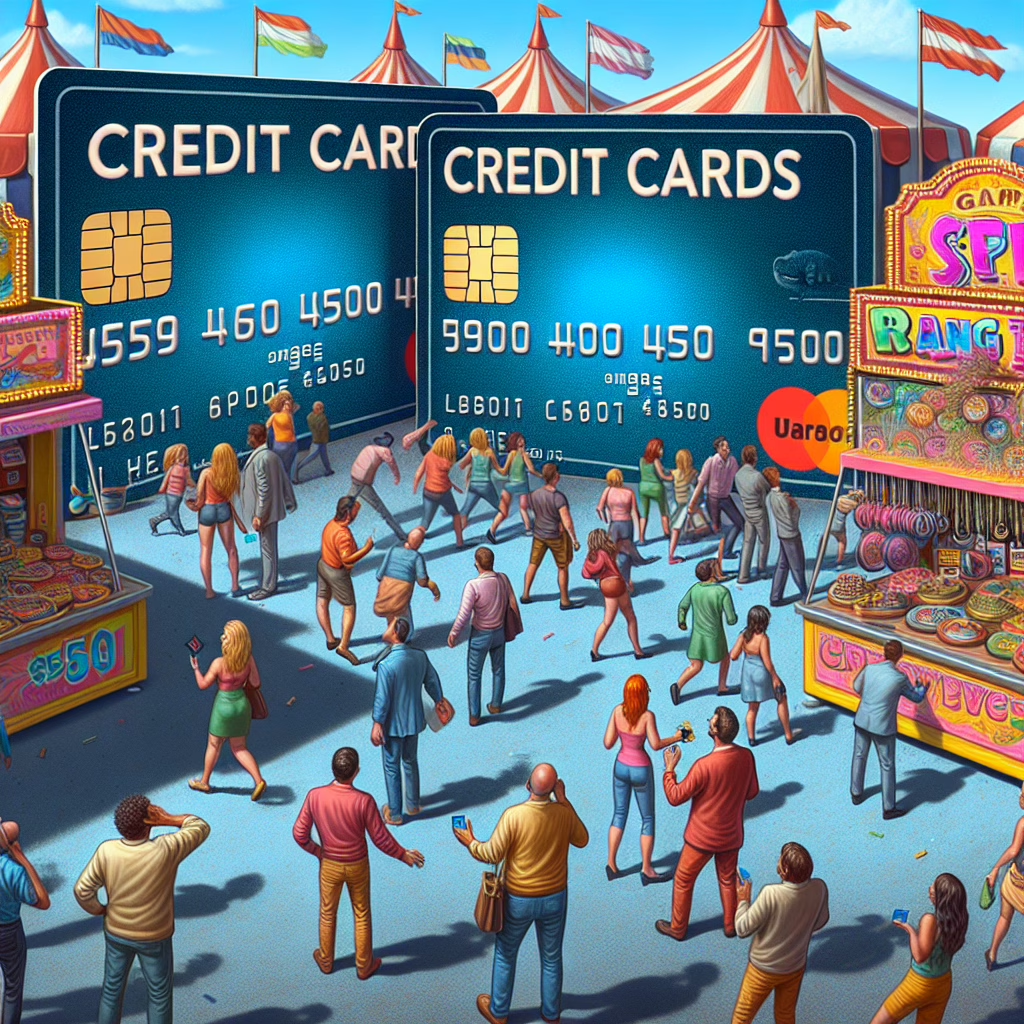In a digital landscape evolving at breakneck speed, adult games are becoming as prevalent as your average cat video. Recently, the actions of Visa and Mastercard to purge these titles from major online stores like Steam and Itch.io have left many gamers bewildered. While some see this crackdown as a win for decency, others are questioning if we’ve leaped into the era of digital censorship. Buckle up, because it’s going to be a wild journey through the pixels!
The Rise of Adult Games: Not Just for the Bold
Adult games have emerged from the shadows, shifting from niche experiences into mainstream sensations. The genre now encompasses a wide variety of styles, ranging from visual novels that tug at heartstrings (and other things) to immersive role-playing adventures. But with this newfound prominence comes considerable responsibility—or at least, that’s what Visa and Mastercard seem to think.
The payment giants have decided they no longer want to fund the fantasies of grown-ups, leading to a mass exodus of titles from platforms that celebrate these quirky delights. Some developers are feeling the pinch, while others are pivoting to find new ways to fund their creative endeavors without relying heavily on these payment titans. They are exploring alternative routes including crowdfunding platforms and direct sales to subscribers.
Visa and Mastercard: The Guardians of Decency?
Some may assume that Visa and Mastercard are merely defending public morals. After all, they are supposedly protecting innocent eyes from pixelated shenanigans—right? Well, not exactly! Their decisions have ignited intense debates about censorship, creativity, and the freedom of expression in gaming culture.
As we delve deeper into this discussion, it’s essential to recognize that adult games can encompass more than just risqué content. Many developers craft intricate narratives that challenge societal norms. When Visa and Mastercard intervene with a heavy hand, they may inadvertently stifle creativity rather than promote decency. This perspective reflects a profound misunderstanding of the medium’s capabilities for storytelling and artistic expression.
The Backlash: Players Unite!
The backlash against this decision has been nothing short of spectacular! Gamers across social media platforms have taken up their virtual torches and pitchforks, rallying against these payment processors. “What’s next? Are they going to ban all games that depict any form of romance?” one frustrated player tweeted, effectively capturing the sentiment of many game enthusiasts.
This uproar has compelled both developers and players to question where we draw the line between acceptable content and outright censorship. Is it fair for two companies to dictate what adults can enjoy in their free time? If anything, this situation has sparked a heated debate on artistic freedom that shows no signs of cooling down.
Alternatives Are Brewing
With Visa and Mastercard pulling the rug from under adult game developers, many are scrambling to find alternative payment solutions. Platforms like Patreon and cryptocurrency options are gaining traction among creators who refuse to let their work be silenced. Talk about innovation! Who knew that financial independence would become a hot topic in the gaming world?
Additionally, independent stores are beginning to emerge like mushrooms after rainfall, offering safe havens for adult games that are free from corporate oversight. These platforms provide a much-needed alternative for creators seeking refuge from the watchful eyes of payment giants. The rise in such stores contributes significantly to enhancing the market ecosystem for adult content.
A Call for Balance
As we navigate this brave new world of adult gaming in 2025, it’s crucial to strike a balance between protecting consumers and allowing creative expression. Perhaps Visa and Mastercard should consider collaborating with developers instead of acting solely as gatekeepers. After all, isn’t it better to engage in open dialogues rather than wielding a blunt instrument?
As players continue to voice their concerns, it remains vital for everyone involved—developers, gamers, and even payment processors—to engage constructively in discussions surrounding content regulations. Who knows? There might be potential for finding common ground between pixelated passions and corporate responsibility.
So what do you think? Are Visa and Mastercard justified in their actions? Or is this an unnecessary bout of censorship? Let us know your thoughts below!
As you wrap up your thoughts and trek into the digital sunset, a huge shoutout goes to The Guardian for laying down the groundwork for this crucial discussion. Thank you for illuminating such an important topic!
For readers who want to explore more about the future of creative industries, check out our related articles on the new challenges facing developers in today’s rapidly evolving digital economy, including the latest e-bike innovations and gaming console exclusivity debates.

